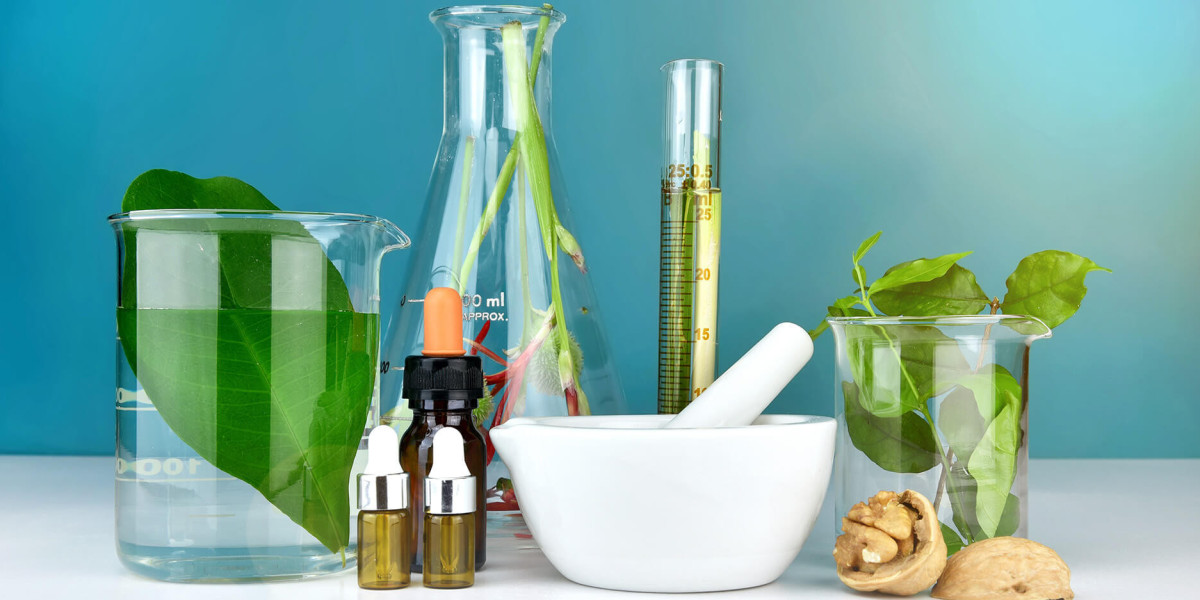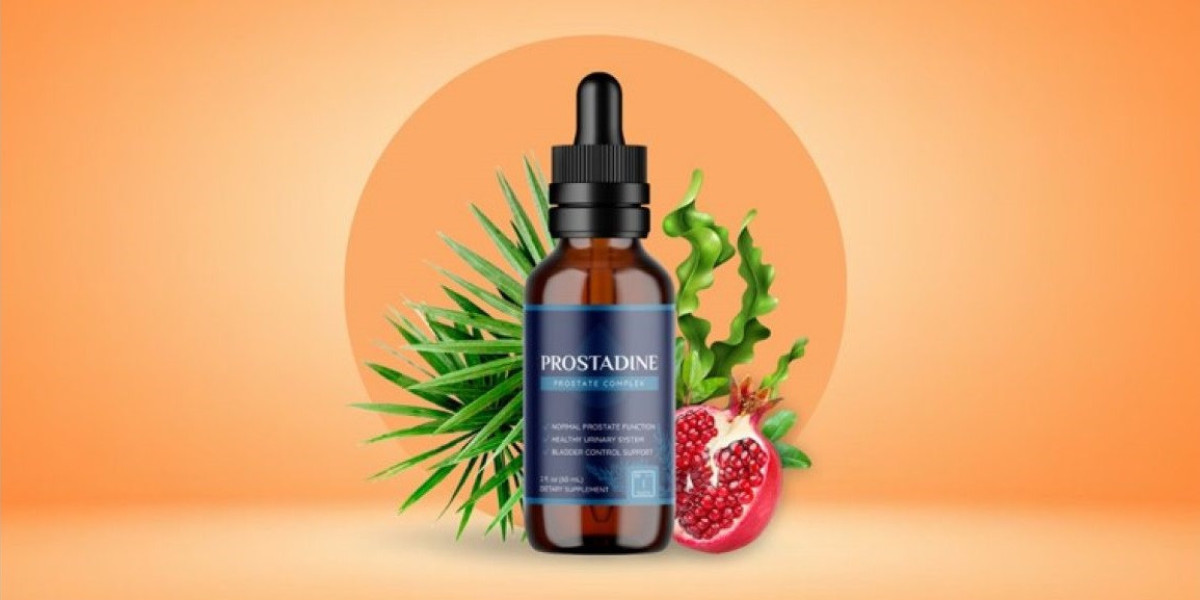The beverage industry is increasingly turning to natural ingredients, with botanical extracts leading the way as a key trend. These extracts, derived from plants, offer both health benefits and unique flavor profiles, making them increasingly popular in the production of a wide range of beverages, from teas and juices to soft drinks and alcoholic beverages.
One of the main drivers of the beverage botanical extracts market is the growing consumer demand for healthier, natural alternatives to traditional beverages. As consumers become more health-conscious, they are looking for drinks that not only taste good but also provide functional benefits. Botanical extracts, known for their antioxidant, anti-inflammatory, and digestive properties, are a perfect fit for this trend. Ingredients such as hibiscus, chamomile, elderflower, and ginger are becoming common in everything from health drinks to ready-to-drink teas, offering both flavor and wellness benefits.
Additionally, there is a significant shift toward plant-based products across the food and beverage industry, driven by the growing popularity of veganism, vegetarianism, and plant-based diets. Botanical extracts, which are sourced from plants, cater to these dietary preferences and meet the rising demand for plant-based ingredients in beverages. Consumers are more aware of the environmental impact of their choices, and plant-based options are seen as more sustainable compared to traditional animal-based alternatives.
Botanical extracts also bring a level of natural flavor complexity that artificial flavorings cannot replicate. These extracts have unique taste profiles, which can elevate the flavor of beverages without relying on high levels of sugar or artificial additives. For instance, floral extracts like lavender and rose can add a delicate, aromatic note, while fruits such as elderberry or pomegranate infuse drinks with a refreshing, natural sweetness. This shift towards natural flavoring is becoming especially important as consumers are now more cautious about ingredients that are artificial or overly processed.
The market is also being influenced by the increasing popularity of functional beverages. Consumers are looking for products that not only hydrate but also offer additional benefits, such as boosting immunity, improving digestion, or enhancing energy levels. Botanicals such as ginger, mint, turmeric, and lemongrass are widely used for their medicinal properties and are now incorporated into a variety of beverages such as sparkling waters, energy drinks, and health-focused juices.
However, the growth of the beverage botanical extracts market also faces some challenges. Sourcing, processing, and storing high-quality botanicals can be difficult, as these extracts are often sensitive to environmental changes and require specialized handling to preserve their beneficial properties. Additionally, ensuring the consistency of flavor and active ingredients in botanical extracts can be challenging due to variations in crop yields and growing conditions. This makes it essential for beverage producers to work closely with suppliers to maintain quality and consistency in their products.
Despite these challenges, the demand for botanical extract-infused beverages continues to grow. As consumers increasingly seek out healthy, natural, and sustainable alternatives, the beverage botanical extracts market is expected to experience continued expansion. Brands that are able to successfully integrate botanical extracts into their beverages, while maintaining high-quality standards, will likely see significant success in this evolving market.
In conclusion, the beverage botanical extracts market is thriving, driven by consumer demand for natural, healthy, and sustainable products. The versatility and functionality of botanical ingredients make them a strong contender in the future of the beverage industry, offering exciting possibilities for new product development and innovation. As the market continues to grow, the opportunity for brands to meet evolving consumer preferences with botanical-based offerings remains vast.








